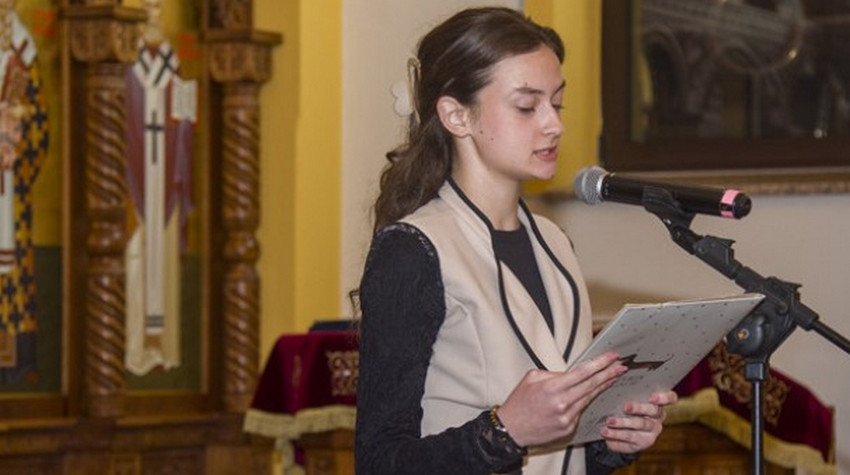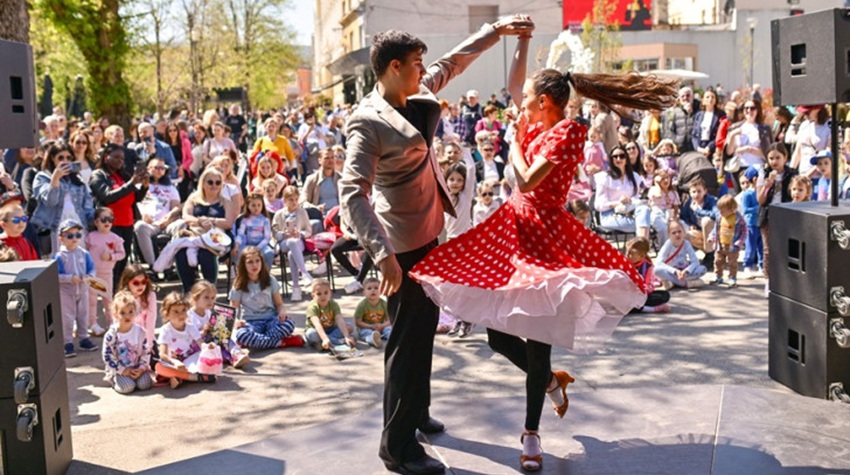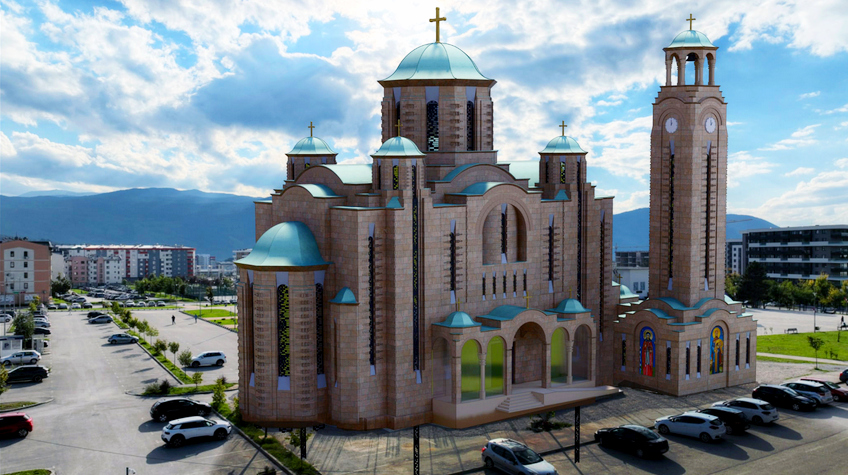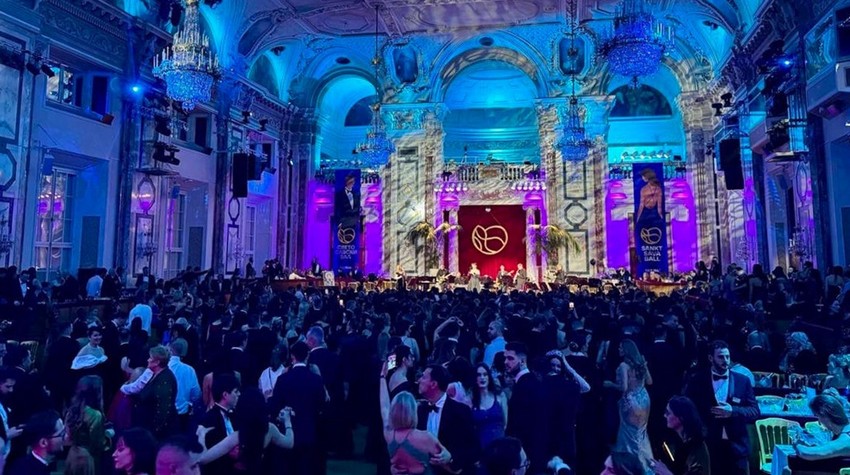HOW JOVAN DUČIĆ'S PIANO ARRIVED IN TREBINJE
After a long stay abroad, Jovan Dučić's diplomatic career, and his death in America, where he was buried until 2000 when his remains were transferred to Trebinje, his piano arrived in his hometown a few years later.
The magnificent instrument, now part of the collection and
legacy of Jovan Dučić at the Museum of Herzegovina, was initially purchased at
an auction in Belgrade by a man from Čačak. He then donated it to the Diocese
of Zahumlje-Herzegovina and the Littoral in Trebinje. The then-bishop,
Grigorije, offered the piano to the museum to enhance their collection fifteen
years ago, an offer that museum workers eagerly accepted.
"The origin of the piano is well-known. It is the work
of the famous Czech family Krčmar from Prague, which produced pianos, small
harmoniums, and small pianos in the second half of the 19th and early 20th
centuries, up until 1909. Experts from 'Piano Lend' dated this piano and
assessed its condition in detail," said Ivana Grujić, director of the
Museum of Herzegovina, to "Nezavisne novine."
Although this Czech company is not listed as a piano manufacturer after 1909, Dučić's piano was purchased somewhat later, in the 1920s. It is assumed he either bought it from existing stock or from someone while he was a diplomat in Budapest, Bucharest, or Sofia. He then transported the piano to Belgrade, where he intended to build a house, pre-purchasing many items now owned by some Belgrade families.
"The piano is now painted black, though it originally
had a wood finish. Most of the white keys are covered with ivory, while the
black keys are mainly made of ebony. Some of these keys still produce sound,
although the pedals, many strings, and internal mechanisms do not function
properly," Grujić noted.
The piano would need to be completely disassembled and
reconstructed, a process estimated to cost around 20,000 euros. Even if the
funds are raised, the piano would not be suitable for playing modern music, as
pianos of that era did not have all the tones required for contemporary
performances.
Grujić mentioned that the unique charm of this piano would
add a certain monumentality to any concerts performed on it. The Museum of
Herzegovina is considering a call to action for those willing to contribute
funds for the piano's restoration, especially targeting relevant ministries in
the Republic of Srpska and Serbia, with the original donor from Čačak also
willing to participate.
Jovan Dučić's connection to Prague is not limited to his
piano but also includes an order found within his legacy - the Order of the
White Lion, Commander's Cross. This honor was exclusively for foreign nationals
for civil or military merits.
"The Order, featuring a silver crowned lion, was worn
on a ribbon around the neck and was awarded to Dučić as a foreign citizen,
suggesting that, despite not being a diplomat in the Czech Republic, he
received the order for some related activities," Grujić added.













